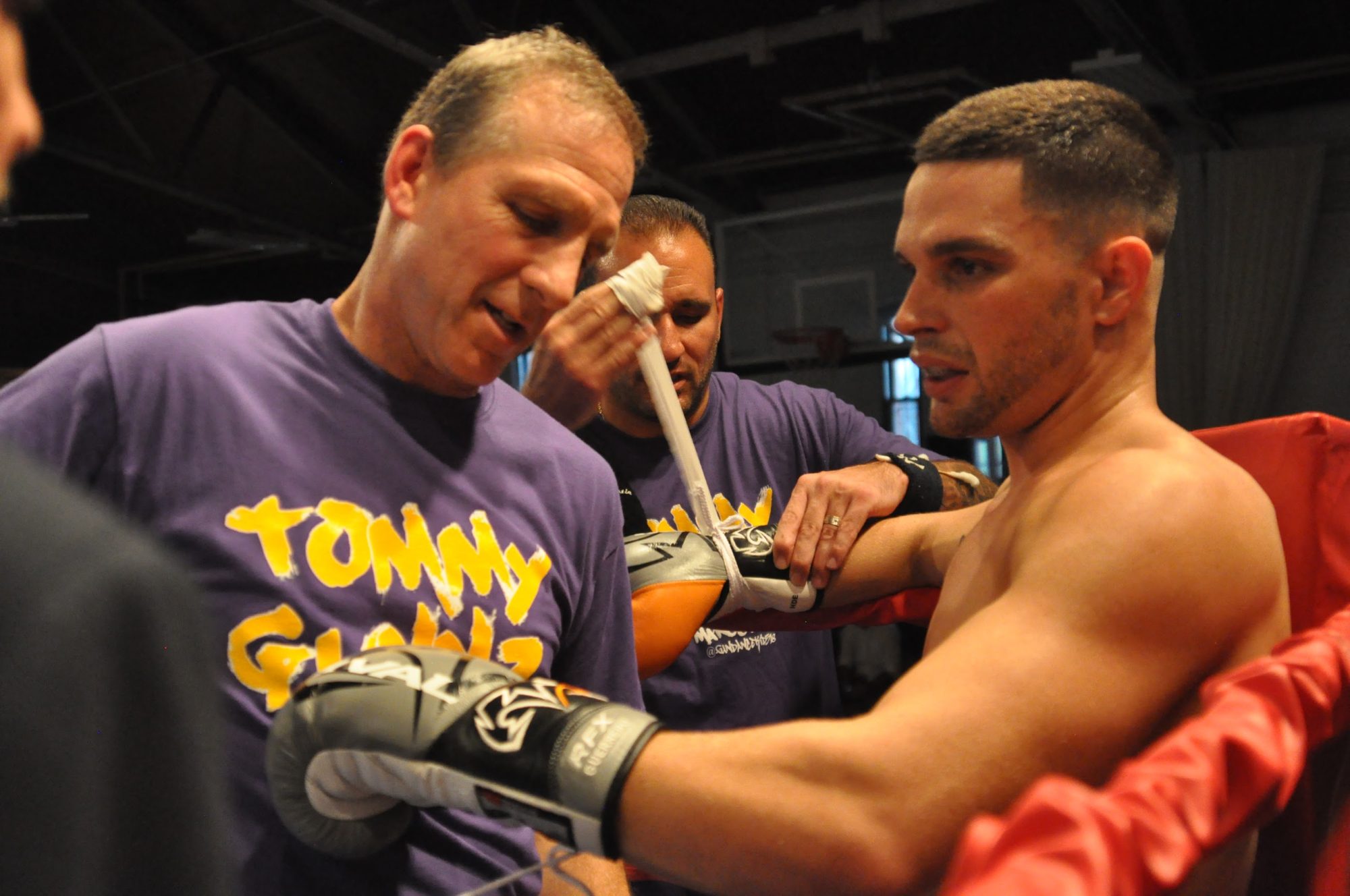Professor calls the Schotts

By: Omsalama Ayoub
Jr. news editor
Andrew Schott, psychology professor, would’ve never been standing at the front of a classroom if he hadn’t taken a punch to the jaw during his final profight in a Madison Square Garden co-feature some 40 years ago.
Schott gave a lecture “Lessons in Positive Psychology” April 4 in the Bulmer Telecommunications Center. When he’s not teaching psychology, he is in Albany co-owning his boxing gym.
Positive Psychology, was Schott’s treasure map to happiness.
“Happiness is a byproduct as opposed to a goal,” Schott said.
Positive Psychology aims to predict our behavior and the colluding influences that tag along to discover the potential our lives have.
Schott explained there are four pillars to positive psychology.
“Besides emotions and emotional happiness there are [important factors such as] finding something that challenges us, important interpersonal relationships, finding meaning and accomplishment,” Schott said.
Life satisfaction is another method used in positive psychology that tries to identify how people are doing and change what needs to be fixed.
According to Schott, the majority of the lecture audience hovered around six to eight in terms of life satisfaction.
Schott credited individuals such as his wife, trainer and parents for his own current life satisfaction.
“I have a fun exercise that I do in General Psychology where I draw a line on the board and I ask students to list milestones of life from conception to death,” said Schott.
Similar to the lecture Schott gave on positive psychology, the question required the students to reflect on their own personal satisfaction. How much do you need to accomplish to be at peace with yourself?
Based on milestones in life such as getting married and graduating college, his students decided the “best age” to be.
Schott gave a stab at answering his own question.
“When I was in my 30s and my kids were young I was thinking, when my kids get a little older, when they move out et cetera,” he said. “I keep saying three or four more years, to this day,” Schott continued. “Maybe nothing has changed.”
During Schott’s lecture, he explained how his boxing career set him up to teach psychology.
Schott, who currently co-owns Schott’s Boxing in Albany, New York, used to be an Olympic Middleweight boxing American team alternate in 1980.
According to Schott, his boxing gym is very similar to his classroom. He referred to himself in both situations as an independent operator.
Boxing allowed Schott to pick up on self-discipline.
“That ability to control behavior and make what I can do in a day to day basis as much of a choice and a decision, more so than just a reaction, is really important,” Schott said.
The incident led the promising fighter to get back to school and study industrial psychology at SUNY New Paltz.
Forty years ago, Schott couldn’t have predicted the life he lives today, regardless of how mindful he has been.
“You don’t connect the dots of your life until after the fact,” Schott said. “You don’t know why things happen,” he continued. “For six years I thought to myself, I have this degree in industrial psychology, was that a waste of time?”
That masters in industrial psychology landed Schott at Hudson Valley Community College where he can utilize his skill and his knowledge.
